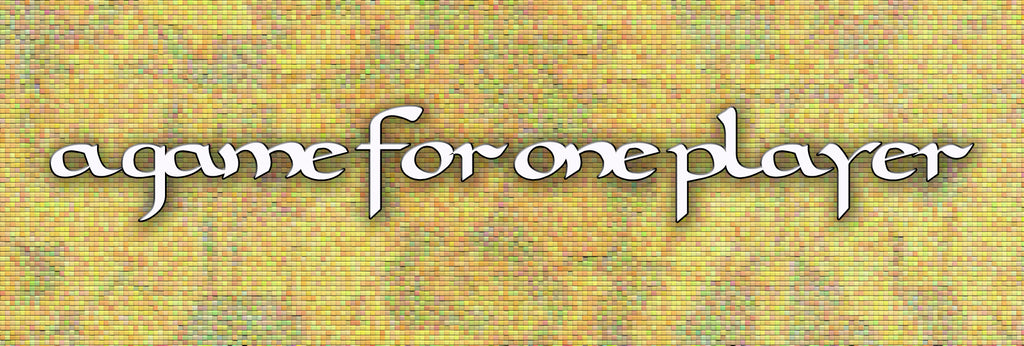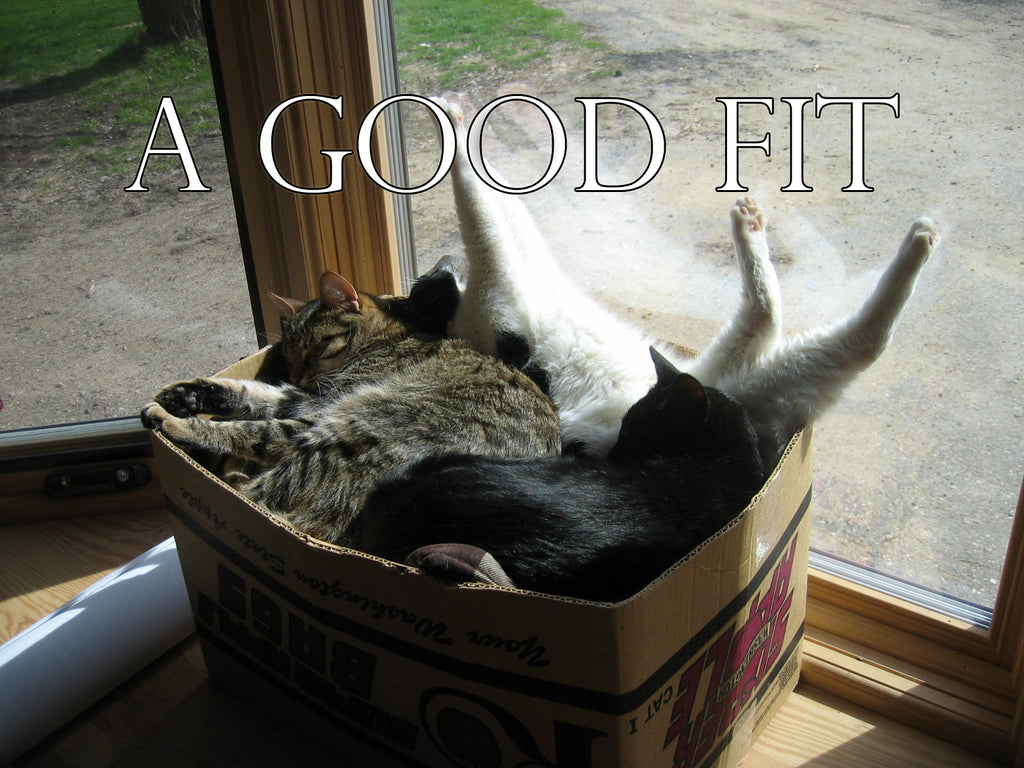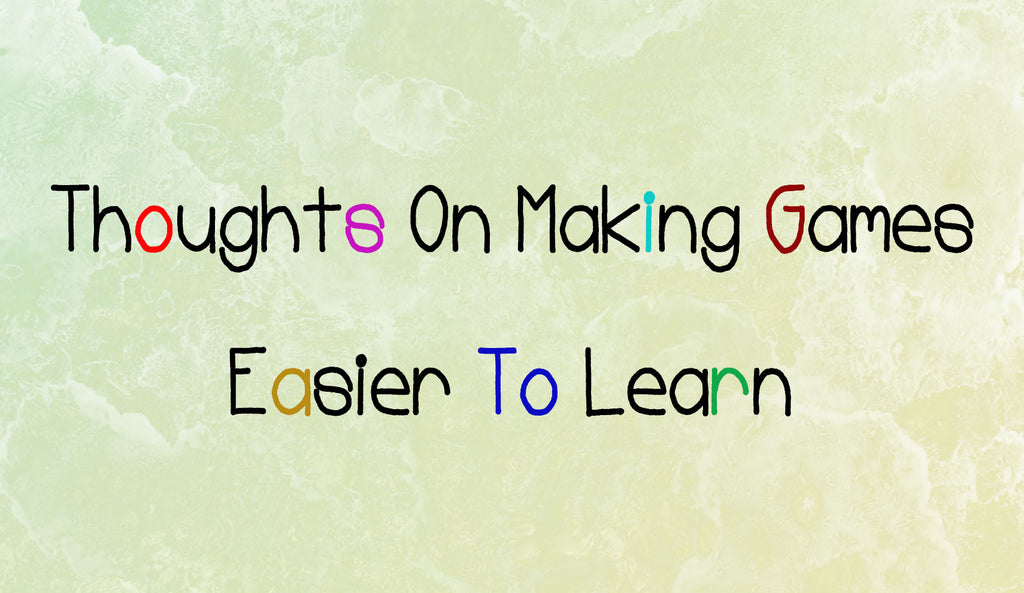Hollandazed: Thoughts, Ideas, and Miscellany — game development
FROM THE ARCHIVES: SOME VERY QUICK THOUGHTS ON FORCED JUMPS (by Tom Russell)

When it comes to traditional abstract games, Chess is arguably the King (and Queen, and Bishop, and Rook). Only Go rivals it for popularity and fanaticism. Backgammon is older than both of them, and I actually find it more dynamic than Chess, but it hardly has the same following or the same kind of serious attention afforded to it. Only hardcore abstract enthusiasts have time for oddities like Nine Men's Morris or Fox and Geese, and even children get bored with Tic-Tac-Toe pretty rapidly. And then there's Draughts (or Checkers). Draughts gets a bad rap. At least in the case...
FROM THE ARCHIVES: OP FIRE (by Tom Russell)

I don't play a lot of tactical games; it's just not my jam. Occasionally someone will ask me to explain why it's not my jam, and there are several reasons, sure. Even the simplest tactical games are still a little too complex for my taste. I'm also not a big fan of turns that take twenty minutes to play but represent five minutes on the ground. And then there's a tendency for the hexes to get overly congested: I have a stacking limit of two units per hex, but one or both of those units can be a vehicle which...
FROM THE ARCHIVES: THE PROBLEM OF STATELESSNESS IN SOLITAIRE GAMES (by Tom Russell)

I used to be very wary of solitaire wargames. Not, mind you, of playing two-player wargames solitaire, but of honest-to-gosh solitaire designs. Partially, my reticence was somewhat aspirational: I might be playing both sides in this WW2 game, but the possibility existed that someday, someone who would dig the game would be sitting on the other side of the table. Whereas if I plunked down some of my hard-earned cash for a solo-only title, that possibility - however rarified and improbable - no longer existed. And, when you're on the sort of budget where you can only buy maybe five...
FROM THE ARCHIVES: A GOOD FIT (by Tom Russell)

The first bit of advice that every designer gets about trying to get a game published is to approach publishers who will actually be a good fit for your game. You want to look at what other games they've put out on the market and get a feel for their catalogue and their general philosophy. Some companies have a very narrow focus. Winsome is a prime example. About a dozen years ago, Winsome's John Bohrer was interviewed by some guy named Tom Vasel, who asked Mr. Bohrer what he was looking for in a game: Well, first of all, the...
THOUGHTS ON MAKING GAMES EASIER TO LEARN (by Tom Russell)

This Guilty Land was a difficult and challenging project for a wide variety of reasons. Perhaps the most obvious is that I had to immerse myself in a subject that was depressing and enraging; it often left me exhausted. I acutely felt an overwhelming onus to treat that subject with sensitivity, to get it right; there were so many ways to get it wrong or handle it badly. Beyond that, there was an additional responsibility to clearly and effectively communicate what the game was and what it was not, and how I was handling such a fraught subject. We had...
